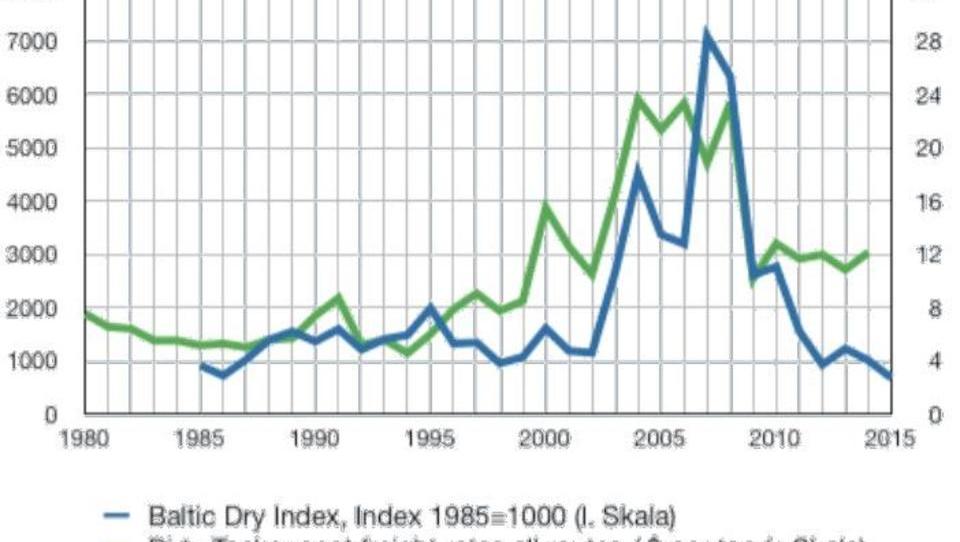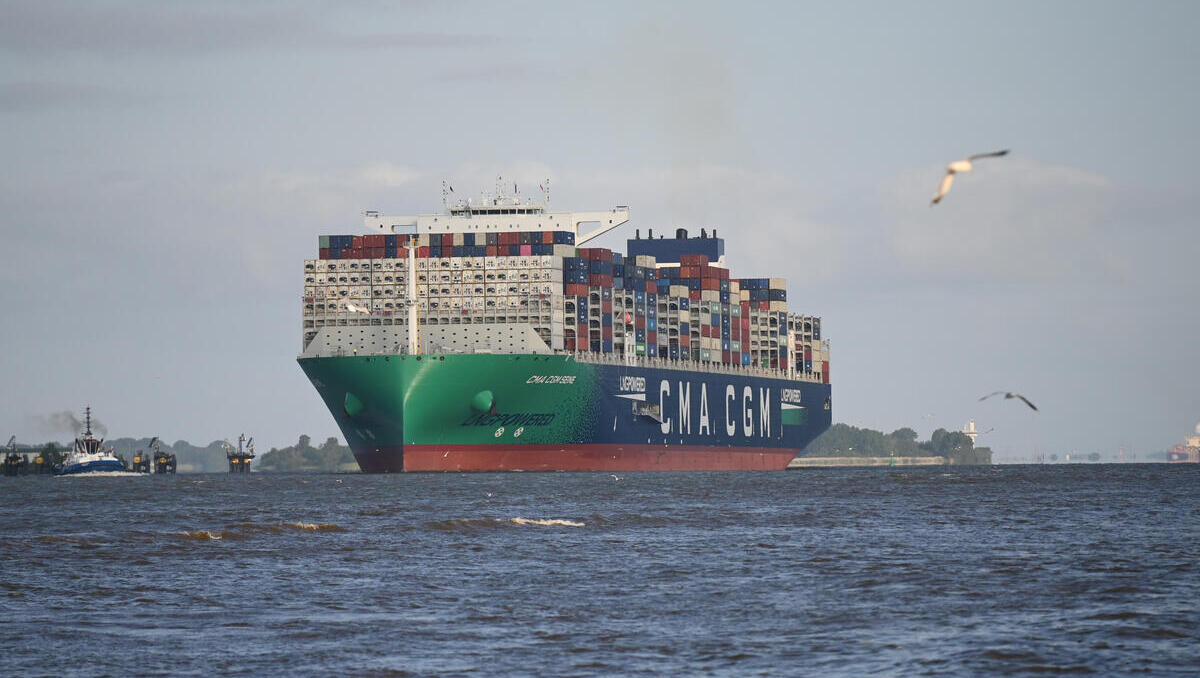
- Der Artikel ist für registrierte Benutzer kostenlos.
-
Mit einem Benutzernamen können Sie diesen Artikel kostenlos lesen.
Registrieren Sie einen kostenlosen Benutzernamen oder melden Sie sich mit einem vorhandenen an.
-
Lesen Sie viele Artikel kostenfrei. Newsletter bestellen, registrieren und weiterlesen.
Keine Verpflichtung - kein Abo.Sie sind bereits registriert? Anmelden
Hilfe bei der Anmeldung und Registrierung: leserservice@deutsche-wirtschafts-nachrichten.de
Es gelten unsere AGB und Datenschutzbestimmungen









